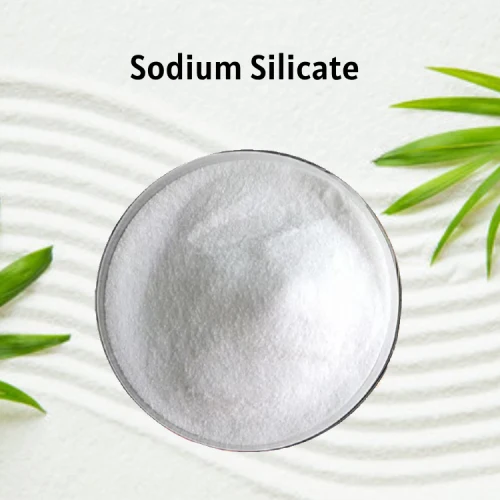Description
Addage Sodium Silicate Powder is an alkaline grade sodium silicate powder. It is a versatile chemical compound commonly used in the construction industry. Sodium silicate formula typically includes sodium oxide and silica; it appears as a fine, white powder.
Our Sodium Silicate Powder offers strong adhesive, binding, and protective qualities. Its capacity to create strong bonds when combined with water and exposed to carbon dioxide makes it highly useful in construction projects.
Addage’s advanced sodium silicate powder improves compressive and tensile strength. Resulting in the getting durability and aesthetics of concrete floors and surfaces.
The addition of sodium silicate to concrete admixtures speeds up the hydration process and decreases the setting time. It improves the compressive and tensile strength of concrete for the longer life of the infrastructure.
It is alkaline in nature and works by penetrating deep into the concrete, creating a strong reaction that strengthens the material from the inside out. Our very owned sodium silicate powder has high thermal stability and excellent fire resistance in vast conditions.
Sodium Silicate commonly known as water glass use for water treatment also. It can be use as a binding agent, deflocculant, and adhesive in ceramic and glass manufacturing industry. Sodium Silicate is basically used as a binder for sand in foundry molds industry.
Sodium Silicate is use in manufacturing of powder and liquid detergent formulations to improves the dispersion of oils, grease, and dirt.
Application and Uses of Addage Sodium Silicate Powder
- Mortar and Concrete
- Refractory Material
- Detergents
- Grouting
- Precast Building
- Concrete Repair
- Sealants and Coatings
- Industrial cleaning
- Sealants and Coatings
- Corrosion Protection
- Water Treatment
- Adhesives
- Textile Industry
- Waterproofing
- Detergents and Cleaning Products
- Cardboard Adhesive
- Fire Protection Products
- Ceramic and Glass Manufacturing
- Foundry Industry




